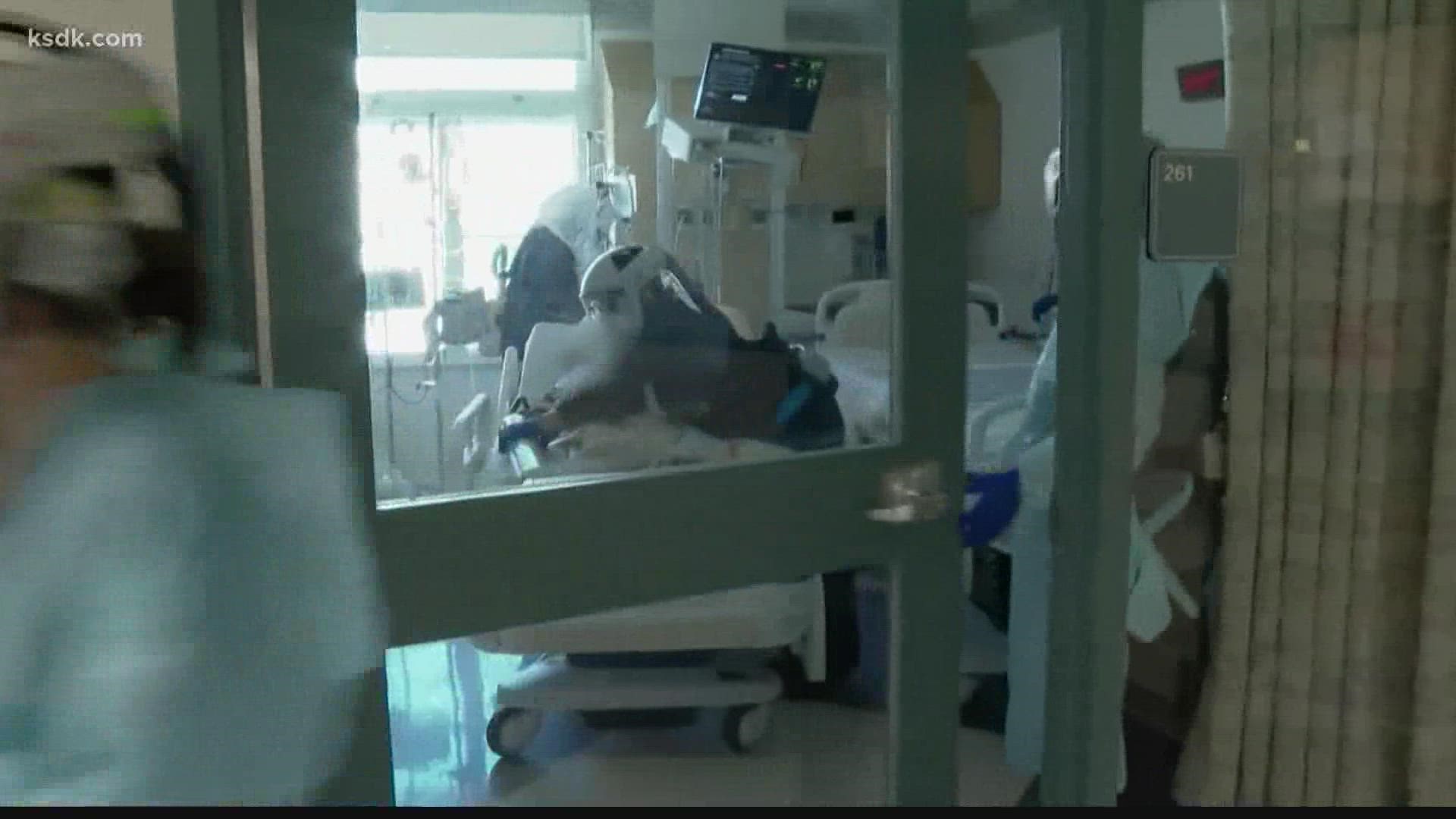CHICAGO — Chicago will require proof of a COVID-19 vaccine for indoor venues starting Monday.
That includes restaurants, bars, gyms and other indoor venues like sport entertainment arenas. The rules apply to everyone age 5 and older, but doesn't apply to those in the venue less than 10 minutes, like those getting takeout.
“To be clear, I have not been this concerned about COVID-19 since the early days of the pandemic in 2020,” Mayor Lori Lightfoot said when announcing the mandate on Dec. 21. She also urged people to get vaccinated, saying it's the only way for life to return to some kind of normalcy and the best way to save lives.
Also starting Monday, all Illinois Secretary of State offices, including driver services, will be closed until at least Jan. 18.
The country is seeing a surge in COVID-19 cases to the highest levels on record. Illinois Secretary of State Jesse White said the move to close the offices was after "careful consideration and out of an abundance of caution."
“The health and safety of employees and the public remains paramount, and face-to-face transactions potentially increase the further spread of the virus," White said. "Our goal is to safely reopen all offices and Driver Services facilities on January 18 for face-to-face transactions.”
White encouraged residents to use Illinois' online services instead. The following services are available on the Secretary of State's website:
- Renewing a license plate sticker
- Renewing a driver’s license or ID card for those who qualify (individuals may call 217-785-1424 to confirm their eligibility or to obtain their PIN)
- Obtaining a duplicate driver’s license or ID card
- Obtaining a driver record abstract
- Filing Business Services documents, such as incorporations and annual reports
Illinois has extended all driver’s license and ID card expiration dates to March 31, 2022. However, this extension doesn't apply to commercial driver’s licenses (CDL) and CDL learner’s permits.
Also, Gov. J.B. Pritzker is urging Illinois hospitals to delay elective surgeries and non-emergency procedures to keep more beds open, anticipating a wave of COVID-19 patients.

